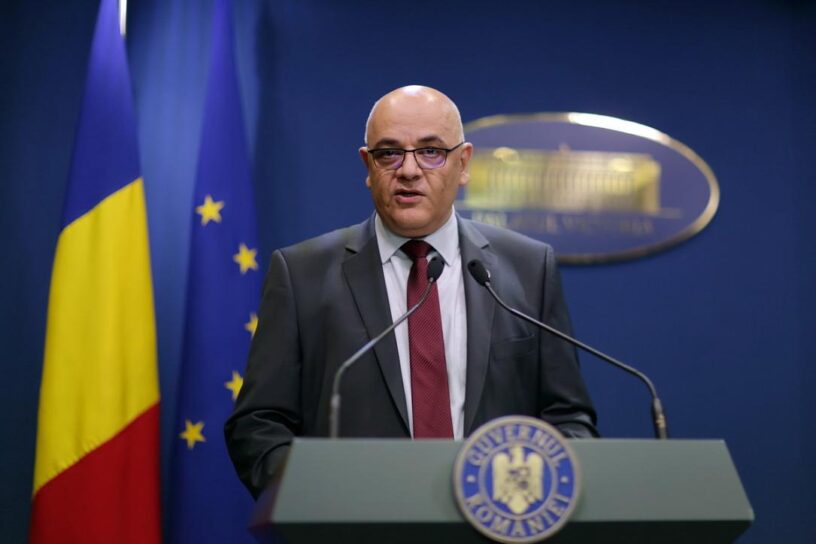Raed Arafat, director of the Emergency Situation Directorate (DSU), informed that Romania has acted on North Macedonia`s plea by transferring critically injured patients to hospitals in other nations.
He also highlighted that similar dangers exist within Romania itself, stressing the need for strict adherence to safety protocols to avoid disasters akin to the Colectiv tragedy. “We still encounter numerous instances of blatant disregard for the law,“ Arafat cautioned.
North Macedonian authorities remain vigilant after a catastrophic nightclub blaze claimed 59 lives. In response, Romania has stepped in to relocate the injured patients to foreign medical facilities.
Arafat explained, “After the National Emergency Committee`s meeting last night, we received authorization to assist North Macedonia through the European Civil Protection Mechanism, facilitating the evacuation of 15 burn victims with lung injuries.“
Romania has deployed a dedicated medical aircraft, with operational support from the Ministry of Defense and SMURD Bucharest teams.
He continued, “We have secured spots in various countries. At present, our plane is on route between Skopje and Vilnius, having already taken on board four young patients who are intubated and ventilated – seriously injured but stable.“
The official noted that the rescue operation was executed under extreme time pressure: “We worked tirelessly throughout the night to set up this mission swiftly. At 07:00 today, the aircraft departed from Base 90 with SMURD personnel and Ministry of Defence colleagues on board. It is expected to arrive in Vilnius between 12:30 and 13:00 local time.“
Moreover, several European countries have offered their assistance in transferring the victims. “Luxembourg has provided a transport option with a smaller capacity for shuttle runs between North Macedonia and its neighbours. Additionally, I understand that Bulgaria has accepted some patients, and Greece is assisting at its border.“
When questioned about Romania`s efforts to prevent such catastrophes, Arafat recalled the measures implemented after the Colectiv incident as well as the ongoing challenges.
He stated, “Inspectorates are continuously conducting inspections. Legislations – reinforced by a government decision following the 2015 Colectiv tragedy – mandates these checks, even permitting the closure of non-compliant venues.“
However, Arafat stressed that many establishments continue to operate without observing safety standards. “Despite ongoing inspections, we still find a shocking number of cases where the law is either ignored or deliberately sidestepped.“
He further noted that authorities cannot monitor every venue at all times, placing the primary burden on the management. “We cannot station firefighters at every club, disco, or restaurant. It is up to the administrators to ensure that their premises adhere to the regulations. When they fail in this duty, the consequences are often devastating.“
In light of this, Arafat issued a call for accountability: “While it is our duty to act when laws are violated, the ultimate responsibility rests with the venue operators. Negligence on their part endangers lives.“
The nightclub fire in North Macedonia bears resemblance to the 2015 Colectiv fire in Bucharest, which resulted in 65 fatalities, predominantly among young people.
In the city of Kocani, North Macedonia, a blaze at a nightclub has led to 59 deaths and over 100 injuries. The tragedy has prompted the declaration of seven days of national mourning, and on Sunday, 20 individuals – including a government official and a unlicensed manager – were detained for questioning, according to Interior Minister Panche Toskovski.
The fire, which occurred during a hip-hop concert at the Pulse nightclub, mostly affected teenagers and young adults, with approximately 155 injured, many of whom remains in critical condition.



